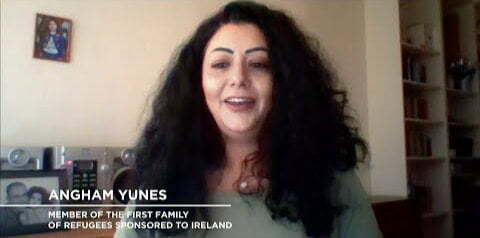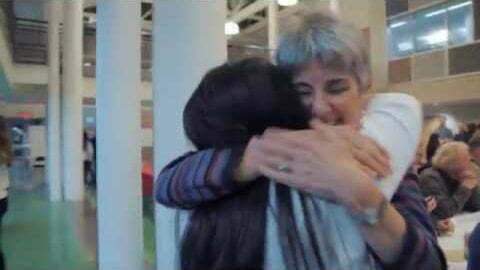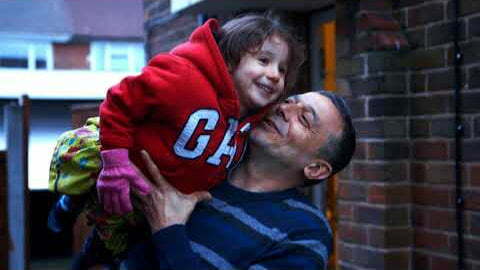What is Community Sponsorship?
Community sponsorship programs empower groups of individuals to welcome refugees into their communities. In such programs, citizens form groups and assume responsibility for the reception and integration of refugees and others in need of international protection. They commit to providing emotional, financial, and integration support for a designated period of time to help refugees adjust to life in a new country.
Community sponsorship originated in Canada in 1979 as a response to refugees fleeing Cambodia, Laos, and Vietnam.
As programs expand globally, the GRSI is actively engaged in nearly 20 countries currently implementing, designing, or exploring new programs across four continents. These include Canada, the United States, the United Kingdom, Germany, Ireland, Italy, Spain, Belgium, the Netherlands, France, Portugal, Sweden, Finland, Australia, New Zealand, Argentina, and Brazil.
To find out where community sponsorship programs exist, visit our interactive map.
Community Sponsorship programs operate as a public-private partnership and include a variety of partners, including national governments, local authorities, the UNHCR, and local civil society organizations. This whole-of-society approach to refugee settlement can improve integration outcomes, strengthen local communities, and expand pathways to protection. Community sponsorship is demonstrating value in sustaining resettlement and complementary pathways.
For more information, visit the pages on:
Basic Roles for Sponsorship Groups
The Potential of Community Sponsorship
For more information from UNHCR on resettlement and complementary pathways, visit UNHCR resettlement page and complementary pathways page.







